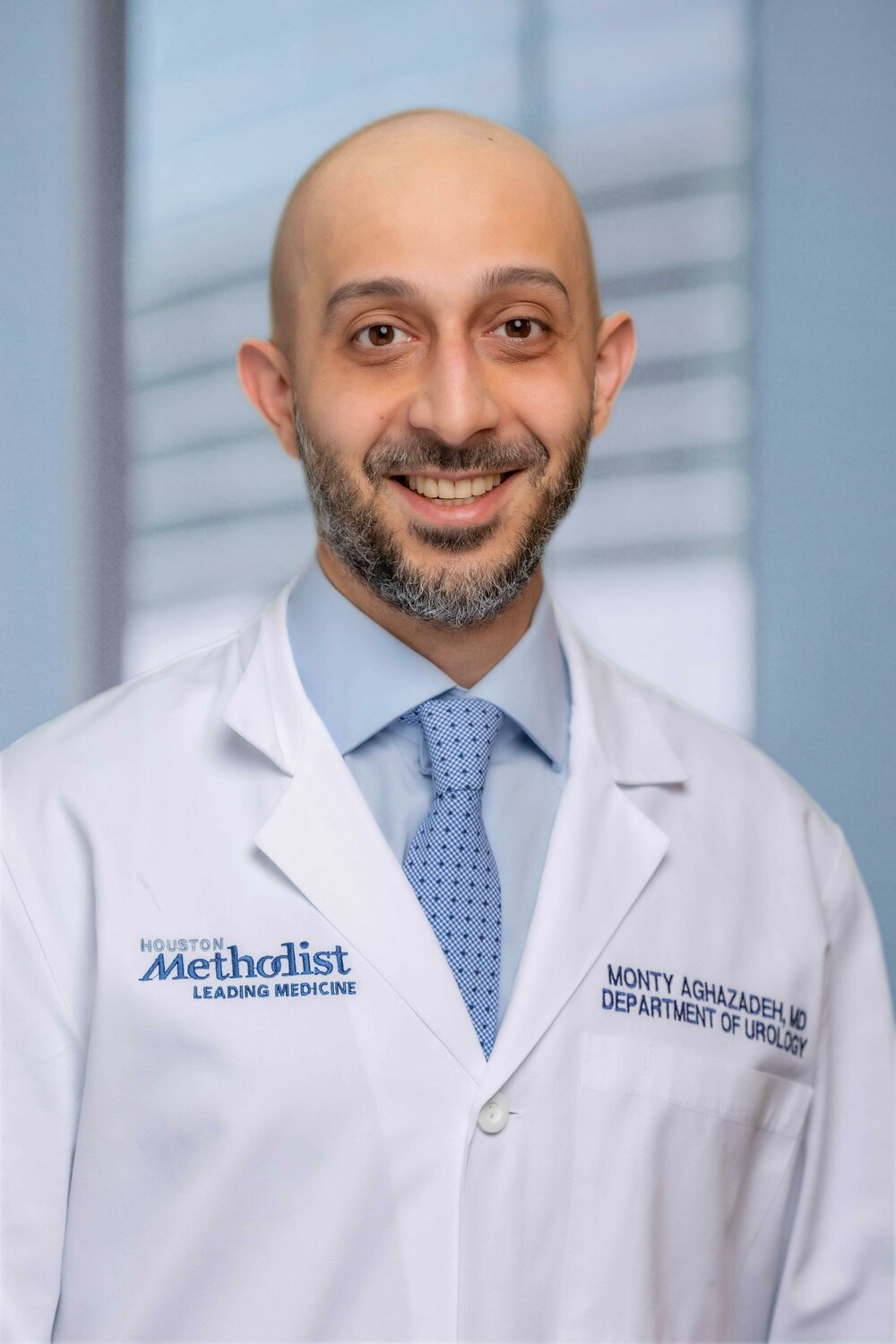Secret to good men’s health is no secret, Katy doctor says
June is Men’s Health Month, and there is no secret when it comes to men staying in good health, a Houston Methodist West doctor said.
This item is available in full to subscribers.
Attention subscribers
To continue reading, you will need to either log in to your subscriber account, below, or purchase a new subscription.
Please log in to continue |
Secret to good men’s health is no secret, Katy doctor says
June is Men’s Health Month, and there is no secret when it comes to men staying in good health, a Houston Methodist West doctor said.
Dr. Monty Aghazadeh, a urologist at that hospital, said the biggest misperception about men’s health is that maintenance is not required.
“This is just like anything we keep up with, health particularly,” Aghazadeh said, adding that healthy eating habits, exercise and regular checkups with one’s doctor are all important.
Getting a PSA, or prostate specific antigen, screening is important, though Aghazadeh said there is some controversy about the timing of such screening.
“Typically, we recommend age 50-55, unless you have a family history of prostate cancers where you might have a brother or uncle or a father with prostate cancer, especially an aggressive prostate cancer,” Aghazadeh said. In such cases, a patient might start screening earlier, perhaps at age 40.
How does one prevent prostate cancer?
“That’s one of those things we don’t a great answer to,” Aghazadeh said. Doing things such as eating healthy, exercising and having regular checkups all help, he said, but to what extent precisely is unknown. He said about 10% of prostate cancer cases are genetic.
Heart disease is another leading cause of death. Checking for heart disease goes with cholesterol screening, which in turn can be part of a regular checkup.
“Primary care physicians do thorough screenings and check the patient’s family history,” Aghazadeh said, adding that some factors can compel a visit to a cardiologist for further checking and possible treatment.
While treating a condition is important, it is better to prevent conditions from happening in the first place. When it comes to exercise, however, some men feel they don’t have the time. Between family and professional commitments, they have busy lives.
Aghazadeh said people who successfully get their exercise make it a priority.
“The way they make it a priority is to stay consistent and do it early in the day,” Aghazadeh said. “As the day goes on, things pop up and there are competing factors for your attention. Doing your exercise early in the day is how you can make it a priority.”
Aghazadeh said it helps to give exercise what he called the “red carpet” treatment. One example of this, he said, is setting out your exercise clothes and equipment by the door so they are ready when you wake up in the morning.
“Make it as easy on yourself as you can,” Aghazadeh said.
While it’s easy to find information on diets, sorting through all the articles, books, magazines, podcasts and websites for the best information is another matter. Aghazadeh said visiting with a doctor can help a patient make the best choices.
“There are so many things out there, and they’ll have their pros and cons,” Aghazadeh said. “The most important thing is to get an expert to guide you. Your primary care physician can recommend a dietitian. The key is making modifications that are sustainable.”
Some men go on a fast to lose weight. Aghazadeh said there are benefits with fasting and it can be incorporated into one’s routine. However, it is a short-term option.
“I think the challenge with fasting is that it becomes difficult to sustain,” Aghazadeh said. “As soon as you stop, there is often a rebound effect. Your body is starved for calories.”
The doctor came to Houston in 2010 for a urology residence at Baylor College of Medicine. He joined Houston Methodist West in 2017. Among his medical activities at the hospital is minimally invasive urology.
“We have a lot of the latest technologies to make some of these procedures less invasive, which means faster recovery and getting back to normal life as quickly as possible,” he said.
He said robotic surgery has been around since 2006. Those robotic surgeries, he said, were multiport surgeries in which multiple incisions were made. But the technology has improved since then.
“Now, what we’re able to offer is single port, or single hole, surgery,” Aghazadeh said. “There’s only four hospitals in the Houston area with the single port robot available. We’re the only one in the West Houston area.”
Ultimately, good men’s health means listening to one’s body.
“If something’s not right, see a doctor,” Aghazadeh said. “There’s no secret sauce. You have to be in tune with your body, listen to your body and act accordingly when things aren’t quite right.”
Keywords
men's health, Houston Methodist West Hospital






